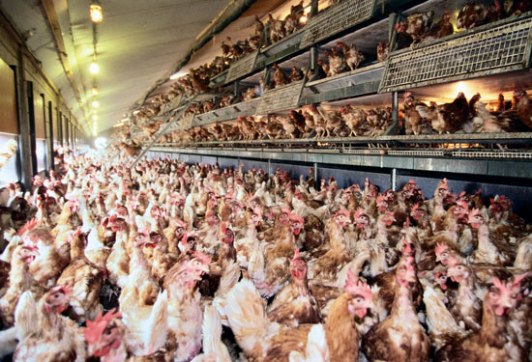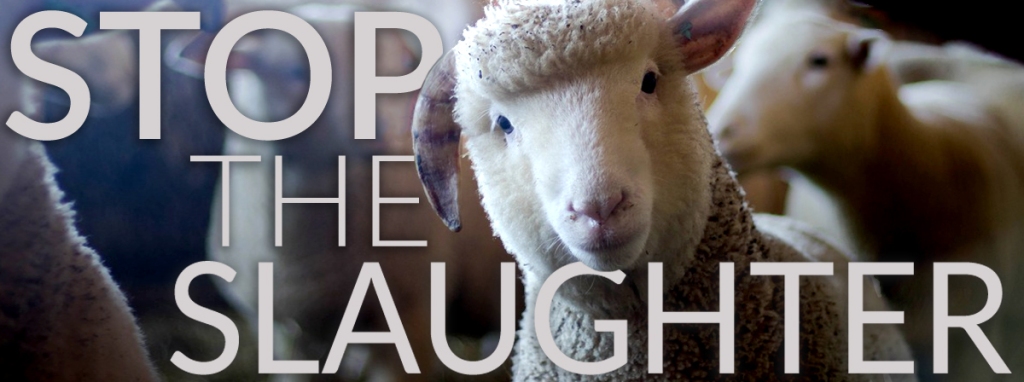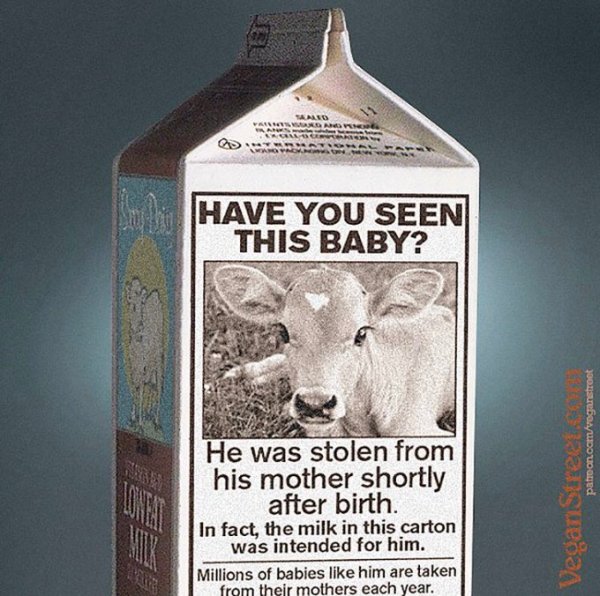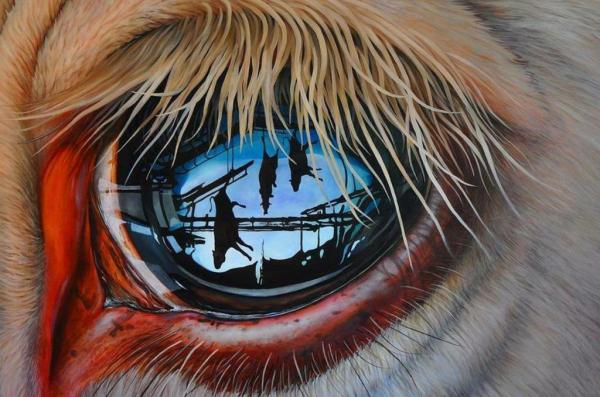Seeing Yourself as Good Might Make You a Terrible Person

Free range hens – Wikimedia Commons
Source Free From Harm
This post by Charles Horn, author of Meat Logic: Why Do We Eat Animals?, is part of an ongoing series called Most Common Justifications for Eating Animals, in which we seek to provide answers and resources to better address common defenses of animal product consumption.
“So you’re saying if I eat a piece of chicken, I’m a bad person?”
Many of us have probably heard this question or a variation of it before in discussions on the morality of eating and exploiting animals. It’s fascinating how a discussion on a societal injustice can become so quickly refocused into the feeling of being judged as a person in totality. Humans seem to have a desperate need to maintain a view of themselves as good people.
Ironically, needing to see ourselves as good people can make us act in terrible ways.
An article in Hazlitt and a related article in The Guardian a few months back discuss the idea that believing that life is fair can make us terrible people. Research beginning in the 1960s has shown that if we feel powerless to alleviate an injustice, we have a tendency to convince ourselves that the victims deserve their fate. We do this, apparently, in order to maintain a belief that the world is a fair and just place. People with a strong belief in a just world, for example, are more likely to blame sexual assault victims, feel contempt for the underprivileged, and oppose affirmative action. Holocaust memorials can even lead to an increase in anti-semitism, as people become slightly more likely to believe that the only possible explanation for such an atrocity is that the victims must have brought it upon themselves.
In the nonhuman realm, we can see this effect in how people often downplay the intelligence and emotions of the animals they eat, as if it somehow would make these animals deserving of what we do to them.
See more at Free From Harm
Order a FREE vegan kit: http://www.peta.org/living/vegetarian-living/free-vegetarian-starter-kit.aspx
Take PETA’s Cruelty-Free Shopping Guide along with you next time you head to the store! The handy guide will help you find humane products at a glance. Order a FREE copy HERE
Want to do more than go vegan? Help others to do so! Click on the below for nominal, or no, fees to vegan literature that you can use to convince others that veganism is the only compassionate route to being an animal friend.
PETA: http://www.petacatalog.com/catalog/Literature-39-1.html
Action for Animals has a very low price : http://store.afa-online.org/home.php?cat=284
Have questions? Click HERE
good is now about how we perceive ourselves
it is about how we treat and perceive others.
do we see our animal friends as objects
or do we see them as our brothers.
treat all others as you wish
to be treated..
or you are no more than
an expletive,
deleted!!!
Karen Lyons Kalmenson













































good is now about how we perceive ourselves
it is about how we treat and perceive others.
do we see our animal friends as objects
or do we see them as our brothers.
treat all others as you wish
to be treated..
or you are no more than
an expletive,
deleted!!!
LikeLiked by 1 person
Wonderful, thank you so much, hon, it is perfect.
LikeLiked by 1 person
You are very welcome and thank you
LikeLike
NO creature EVER deserves this fate. This is disgusting! I find it mind boggling that anyone with a conscience or a heart could do this…
LikeLike
I’m pleased to see some attention being given to the “just world hypothesis” (https://en.wikipedia.org/wiki/Just-world_hypothesis). I was exposed to this notion while in graduate school studying psychology. Many conduct their lives predicated on some variance of this kind of viewpoint without ever having seriously considered the full range of implications and assumptions associated with it.
Some countervailing notions to this way of seeing the world are presented in this post on the Veganelder blog. (http://veganelder.blogspot.com/2014/10/the-just-world-hypothesis.html). Interestingly some speculations about the roots of racism are associated with this pernicious idea. Those interested can read in this blog post (https://abagond.wordpress.com/2014/06/25/not-a-cure-for-racism/) where the author makes the assertion that guilt created racism. He’s saying the only way that white U.S. Americans could reconcile what they had done to Native Americans and African Americans and continue to see themselves as “good people” (i.e., avoid guilt) was to somehow formulate the justification to themselves that their victims “deserved” what happened to them.
Variants of the “just world” viewpoint are much more pervasive than many of us realize and likely account for some of the core similarities that seem to drive speciesism and racism and sexism and the other “isms” of oppression.
LikeLike